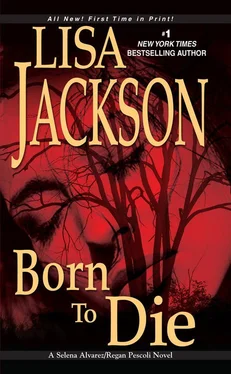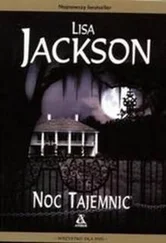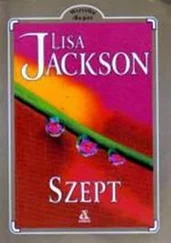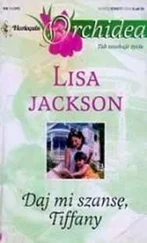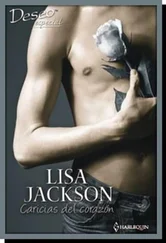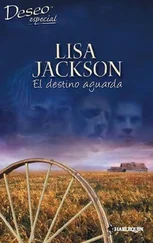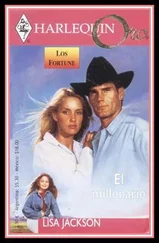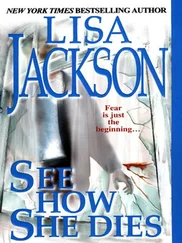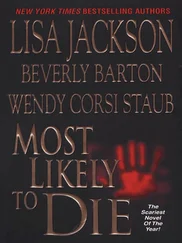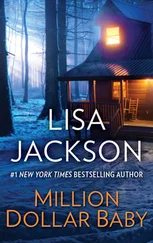“I go by Kacey.”
“Kacey, then.”
Clarissa said, “She’s Maribelle Collins’s daughter with Dad.”
Thane lifted a shoulder. “You said so on your message.”
“Well, there’s more.” Clarissa pinned Kacey under her sharp gaze again. “She’s got some screwball theory that Dad, who, it turns out, was a sperm donor in med school, has a bunch of ‘kids’ ”—she made air quotes with those long, red-tipped fingers—“and they’re being knocked off in some diabolical scheme. Why she, Acacia, felt compelled to bring this to us is the big mystery and why we’re all here.”
“Is that so?” Thane said, an amused twist to his thin lips. Dressed in jeans and a sweater, his hair still wet from melting snow, he didn’t bother hiding the fact that he found the situation either ludicrous, funny, or a bit of both.
“Essentially, yes,” Kacey said. “The pictures on the table are of women I think were fathered by Gerald. They’re all recently dead, probably murdered.”
“I know this one!” Thane suddenly said, pointing out Shelly Bonaventure. “I saw her in a film years ago.”
“You and one other person,” Clarissa snarked.
Thane frowned. “I thought she committed suicide.”
“That’s the official version,” Kacey said.
“So is the official version untrue?” Judd asked. “Is that what the police are saying?”
“Not the L.A. police, but the local sheriff’s department, and these women”—she indicated the pictures of Elle Alexander and Jocelyn Wallis—“are from around here. Jocelyn and Shelly were born in Helena, and I’m double-checking about Elle.”
“Just because people resemble each other doesn’t mean they’re related,” Cam said.
“Have the police connected the deaths? Are they considered homicides?” Judd wanted to know.
Robert agreed. “I doubt it. If the police had put this all together the way she has, then they would be here instead of her.” His eyes never left Kacey’s face, and she felt it, the hatred burning there. Somehow she’d stepped her foot into waters he’d claimed as his, and Robert Lindley didn’t like it.
Nor did anyone, it seemed.
The discussion heated up, with every one of Gerald’s kids expressing skepticism about Kacey and her theory. They were, for the most part, suspicious, expecting her to make demands, she supposed. While Clarissa was hostile and Cameron biting in his comments, Judd was solemn, the one who, though distrustful, listened while she spoke, his questions pointed, but without the same harsh judgment as his sister or Robert Lindley.
Thane didn’t say a lot, was probably the most welcoming as he quietly observed the sometimes volatile exchanges. Sometimes a smile would tug at a corner of his mouth, but beneath his laid-back, I-don’t-give-a-damn exterior, there was a restlessness to him. He, too, doubted her.
Robert continued to vent. “This is a ridiculous idea,” he said, impaling her with his cold gaze. “How would anyone know if these women were Gerald’s? Without DNA testing, or some kind of private information leaked from the clinic, how would a killer even know who to choose?”
“More to the point, why?” Judd asked.
Gerald took the floor again. “The clinic’s been closed for years. Who knows where the records went?” Though his children listened to him, they all had their opinions about Kacey and what she’d brought to them.
None of them liked it.
She felt their resentment coming off in waves, and for a few minutes even she doubted her own theory.
“What have the police got to say about this?” Cameron asked her, and she felt every eye in the room turn her way.
“They’re investigating. That’s all I know.”
“So, they’ll show up here, too!” Clarissa made a disparaging sound. “Just what we need. Now that the patents have expired, we’ve got competition crawling up our backs, and what we don’t need is some bad publicity, any reason for our clients to take their business elsewhere!”
“This has nothing to do with business,” Gerald said. “It’s personal.”
“Tell that to the Internet and the blogs and the local newspaper. This is a publicity nightmare.”
“I thought all publicity was good, that there was no bad press,” Cameron said.
“Yeah, well, you’re a moron.” Clarissa didn’t back down for an instant. A businesswoman with a master’s from Stanford, firstborn in a family of male siblings, she was definitely tough.
Colt straightened in his chair. Rather than come to his twin’s defense, he turned the conversation back to the women who had died. “Are there any other victims?”
“I think so,” Kacey said but couldn’t back it up.
Judd put in, “The first order of business is the DNA tests. We can sit here all day and argue theory, but until we can prove that these women”—he thumped a finger on the table, next to the photographs—“are actually Dad’s biological offspring, then all other conversation is moot.”
“Judd’s got a point,” Colt agreed.
The rest of his siblings weren’t so inclined to agree and were vocal about the fact that they thought Kacey had come to stir up trouble, make a claim on the estate, or both.
“So what was the point of coming here? To check us out? Or warn us. . or accuse us?” Cameron asked. “I don’t get it.”
“There’s nothing to get,” Clarissa said with a scowl. “She knows about the company.”
“That’s not it,” Kacey said clearly. “I felt you all should know that someone may be killing off people with a genetic link to you.”
“And who would that be? Who would go to the trouble of finding Gerald’s supposed sperm-bank babies and then killing them off in apparent accidents?” Clarissa said as she slid her laptop into its case. “That’s nuts. Makes you sound like you should check yourself into the nearest psycho ward.”
“Hold on,” Gerald said. “Let’s not get nasty.”
“Does Clarissa know another way?” Cameron asked. “If so, I’ve never seen it.”
“Enough!” Judd cut in, his anxiety finally showing. “We don’t need to insult each other.” He turned in his chair so he could watch Kacey’s expression. “So, you wanted to forewarn us.”
Her stomach knotting still tighter, she brought her temper under control. “I did want to meet you, too. I was curious about the father I’d never known, and since I grew up an only child, the idea of siblings fascinated me.”
Clarissa shook her head, as if she had much more important things to deal with and Kacey was wasting her time.
Colt and Judd were quiet, listening.
Cam looked bored, and Robert’s jaw was so tense, the bone showed white beneath his skin. Gerald, too, was feeling the pressure, putting up a good, patient front, but one fist was clenched on the table and his lips were flat over his teeth.
Kacey said, “The reason I found out about you all is because there were so many women who looked like me in and around Grizzly Falls. I never met anyone who resembled me remotely when I lived in Seattle, but I move here and it’s like they’re everywhere. Two… three… four. It’s really out of the norm. I wouldn’t have even thought about Shelly Bonaventure. Even though I’ve seen her face, noted that we resembled each other, she lived in L.A. Just a quirky little coincidence, right? That’s how I saw it, even when people made comments. But the others. .” She looked at the photographs on the table. “They were what motivated me.” She explained about being mistaken for Jocelyn Wallis in the ER and how Shelly Bonaventure was her doppelgänger, and how worried she became when they started dying. Intuitively Kacey left out the part about her house being bugged, or that she felt she’d been followed. Already some of them thought she wasn’t playing with a full deck; she didn’t want them to consider her completely paranoid.
Читать дальше
